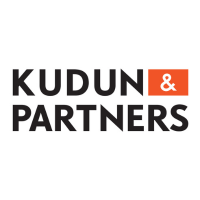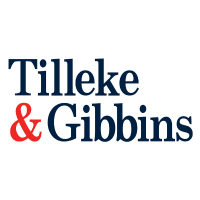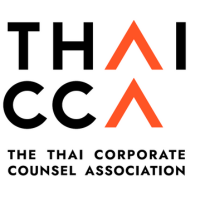

Chief legal counsel, Asia Pacific and India | Virbac








Julien Navarra
Chief legal counsel, Asia Pacific and India | Virbac
Team size: Three
What are the most significant cases or transactions that your legal team has recently been involved in?
The past year has been challenging for our region in many aspects but among all of them, I would like to emphasize the need to rethink the corporate governance of your affiliates in Asia Pacific India and more particularly how we held and manage our board of directors and the corporate bodies in order to strengthen our corporate compliance and to focus on certain aspects linked to CSR activities.
From a practical point of view, several actions were taken. Initially, we undertook the task of redefining the directors for each member of the Board of Directors within every affiliate. Subsequently, we proceeded with the appointment of these new directors, ensuring strict compliance with all relevant local regulations. Following the appointment process, our next step involved providing comprehensive training to the newly appointed directors. This training aimed to familiarize them with the roles and responsibilities associated with serving as a Director on a Board of Directors. Rather than maintaining a purely “paper” board of directors, we took the initiative to conduct physical or virtual meetings for the Board of Directors. This transition from a nominal presence to an active engagement in board activities is of a sensitive nature and should be treated as confidential information.
Additionally, we expanded the scope of the agenda for these Board of Directors meetings. In doing so, we included discussions and considerations related to our Corporate Social Responsibility (CSR) activities for each affiliate. This decision allowed us to integrate and address our CSR initiatives within the governance structure of the affiliates.
Could you share an example of a time when you came up with an innovation that improved how your legal team works and did not come at a large expense?
I should admit that I am a man of summary/excel sheets. It is not strictly speaking an innovation in a technological way, but with my team, in order to save time, empower the operation teams, secure our operations, and process with real contract management activities, we implemented last year an executive summary for all the agreements above a certain threshold. This was done alongside the implementation of a written and detailed contract management policy, with tools accompanying the signature of agreements.
Since adopting this, we have more time to dedicate to other added-value projects and the team can find information without requesting analysis by a lawyer.
The business teams are also satisfied as they can manage their business relationships properly with their partners, and really follow up on the provisions of the agreement. Previously, on some occasions the agreements were signed, filed and in the case of significant issues, we were forced to reopen the file with no proper management of the agreement).
With our new tool, contracts have all the main terms and provisions (lead time, penalties, their own obligations) ready at first glance.
This is not only a major benefit for the business teams but also a way to increase the securitisation of the signature of the deals by the general managers. With many documents to sign every day, most of the time the GM cannot have access to the main information of the deals, and we may say that they sign without knowing the deal properly (but with the signature of such a document they engage their liability). With this executive summary, he or she can sign the agreement knowing our obligations easily and can see that the main departments of their organisation have validated the operation, because I request the signature of the executive summary by all the departments involved in the project.
How do you see the general counsel role evolving in Thailand over the next five to ten years?
For sure, AI will play an essential role in the coming years for the legal department in the evolution of the general counsel role. I do not subscribe to some articles or people saying that AI will replace lawyers; on the contrary, I see AI as a great opportunity and an incredible support for the legal team to rethink the role of in-house lawyers and to refocus on added-value projects.
This path is already followed by some international law firms that are using AI to assist them in their consultation, where the AI proceeds with all the research and cases law, and even some courts – in Latin America for example – are starting to use AI in rulings. This is not done to replace the final decision and the judge but to ease their work, such as in the drafting of the texts or with searching for past case laws.
The general counsel will have to integrate this kind of tool in his or her organisation to refocus his or her team on strategic decisions, and added-value projects to save them from important research work with low added value.